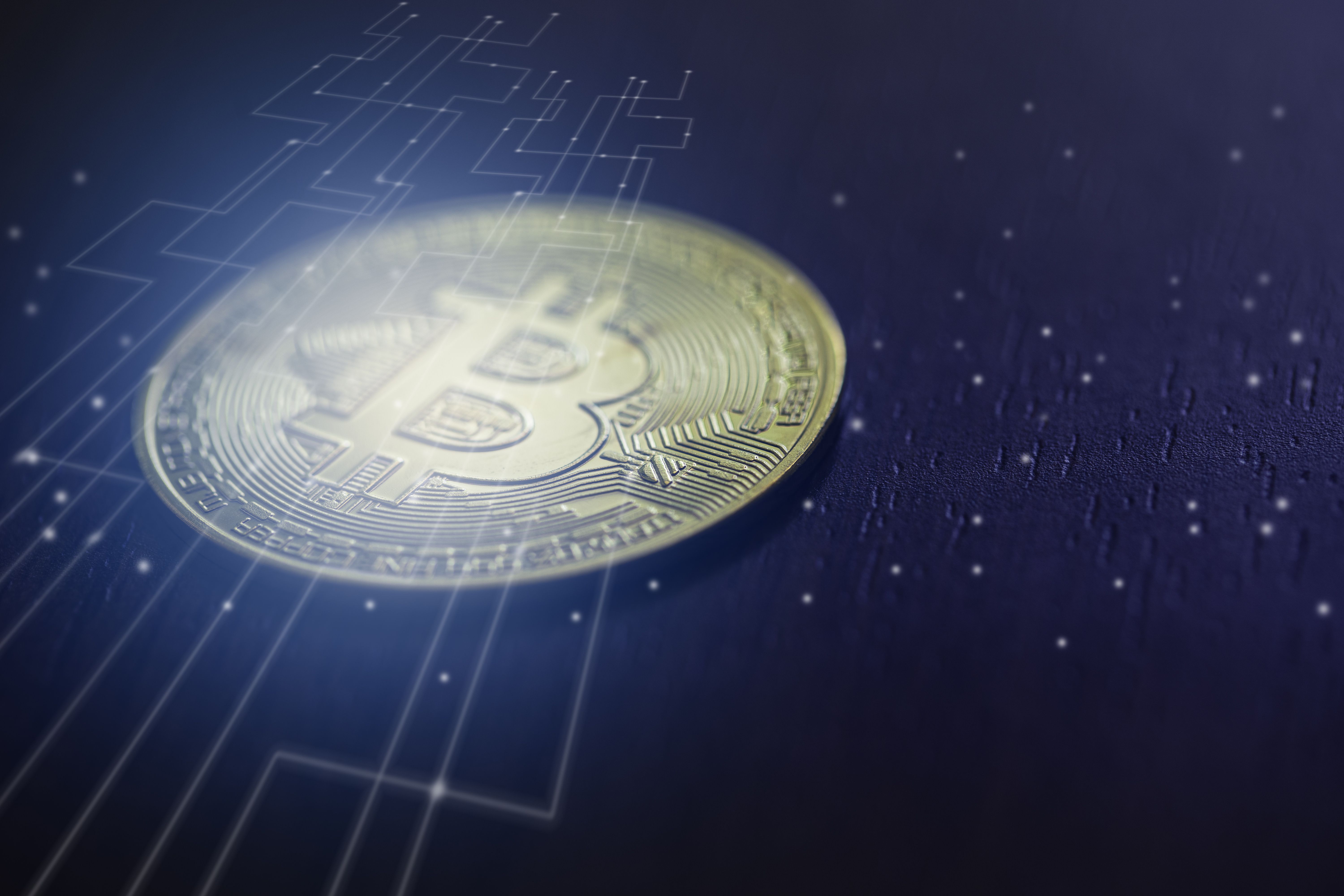
“Bitcoin is the money of the people,” explained a professor of computer science in Tehran.[1] This idea has been touted since the creation of digital currency in 2008. Bitcoin is democratic in its use because its underlying blockchain technology is distributed and not under the control of any central authority. The market supports the concept; recently, the price of Bitcoin (BTC) was nearly $62,000.
Babel Street has tracked Bitcoin’s growing acceptance to understand the currency’s potential impact on global risk. We found that digital money presents new challenges to the international community, providing a mechanism for conducting transactions that bypass trade restrictions.
Compared to fiat currency (money issued by governments) or centuries-old standards such as gold, digital currencies like Bitcoin offer an advantage in security — digital currency is enabled by blockchain, a decentralized public ledger that records all transactions and becomes progressively more secure as adoption increases.
Our search for “bitcoin” and “Iran” quickly yields thousands of results in various languages associated with Bitcoin usage in Iran, with conversations taking place across the dark web, forums, and blogs. Searching in native languages quickly provided context, showing that Iran’s commitment to Bitcoin is a hot topic for the media and peer-to-peer conversations and reveals the extent of the country’s digital currency strategy.
Iran’s Bitcoin mining investment: Politics and power
Iran is the 5th largest “miner” of Bitcoin (as measured by energy usage), led only by China, the U.S., Russia and Malaysia. According to cryptocurrency analysis firm Elliptic, Iran-based Bitcoin miners account for approximately 4.5 percent of all such activity worldwide. The mining process requires high-powered computer farms drawing hundreds of megawatts of electricity daily.
The Iranian government licenses Bitcoin miners who receive preferred rates for electricity and must sell the cryptocurrency they extract to the country’s central bank. Up to 85% of Bitcoin mining in Iran is done illegally, creating tremendous stresses on the country’s power infrastructure. Electricity usage was so extreme that the country suspended all Bitcoin mining for four months in 2021 due to the impact on the grid during the peak summer season when temperatures were at their highest.
Sidestepping sanctions
Iran’s utilization of Bitcoin is significant because it enables the country to circumvent embargoes placed on it by the international community. Our search results showed that Iran had enacted legislation authorizing Bitcoin for certain government transactions; significantly, this was a joint proposal by the Central Bank of Iran and the Iranian Ministry of Energy, according to a report from The Islamic Republic News Agency (IRNA) that was referenced in a dark web post.
In fact, the Iranian Presidential Center for Strategic Studies is encouraging the country to adopt Bitcoin and other cryptocurrencies to bypass international sanctions. The Center estimates that the cryptocurrency sector can generate $700 million a year in revenue from mining alone. But how does that help the country avoid trade restrictions?
Since Iran is prohibited from exporting its oil and natural gas reserves, the country uses those resources to generate electricity, which is then used to power Bitcoin mining at government-subsidized rates. Bitcoin miners are, in turn, compensated in Bitcoin, which then flows into government coffers and can be used to buy authorized goods from other countries. In effect, the country is converting its energy stockpiles into digital currency worth hundreds of millions of dollars annually.
Tehran is now cracking down on illegal mining operations, both to protect the grid and to ensure that the currency ends up in the central bank. In June 2021 alone, Tehran police reportedly seized over 7,000 illegal mining rigs, and regional news sources report 45,000 mining servers were confiscated in a crackdown.
China’s influence
Meanwhile, the low electricity rates Iran offers miners has attracted the attention of other countries. In fact, the largest Bitcoin mining farm in Iran is owned by a Chinese company called RHY, which began building the facility in late 2017 and was able to secure prime real estate directly beside a power station outside the Iranian city of Rafsanjan.
It’s also notable that the Iranian government has downplayed China’s overall level of involvement by obscuring the number of Chinese-owned mining farms within Iran and issuing conflicting reports regarding the price of electricity that is provided to the mining facilities. China is taking advantage of Iran’s low electricity rates for Bitcoin mining, potentially at the expense of smaller, domestically owned licensed operators.
While the Iranian government has positioned itself well through agreements with Chinese entities, there have been some reports of anti-China sentiments within Iran, which could impact Tehran’s cryptocurrency strategy. A key issue: it’s one thing to apply for a mining license within Iran, but obtaining the computers and facilities needed to operate a Bitcoin farm requires sign-offs from the government to get past customs and gain approvals for construction.
Positioning for the long term
The Iranian government apparently believes this emerging industry has the potential to bolster their economy and benefit their nation, but it will require close regulation of all mining activity and upgrades to their infrastructure if they seek to continue to expand.
As the blackouts and brownouts in recent months prove, the strategy is essentially a tradeoff between providing an essential service — electricity — and enabling the country to buy essential goods from abroad. But it also enables the government in Tehran to leverage their abundant natural energy resources to bypass international sanctions.
Bitcoin’s decentralization, deflationary structure, and global interest have positioned it as a unique store of value and medium of exchange. Overall, Iran will continue to see digital currencies as an alternative to the dollar and a way to avoid economic sanctions imposed by the United States and its allies. Will this become a model for other countries that are impacted by such embargoes?
_________
[1] https://netherlandsnewslive.com/in-iran-bitcoin-is-the-money-of-the-people/76546/